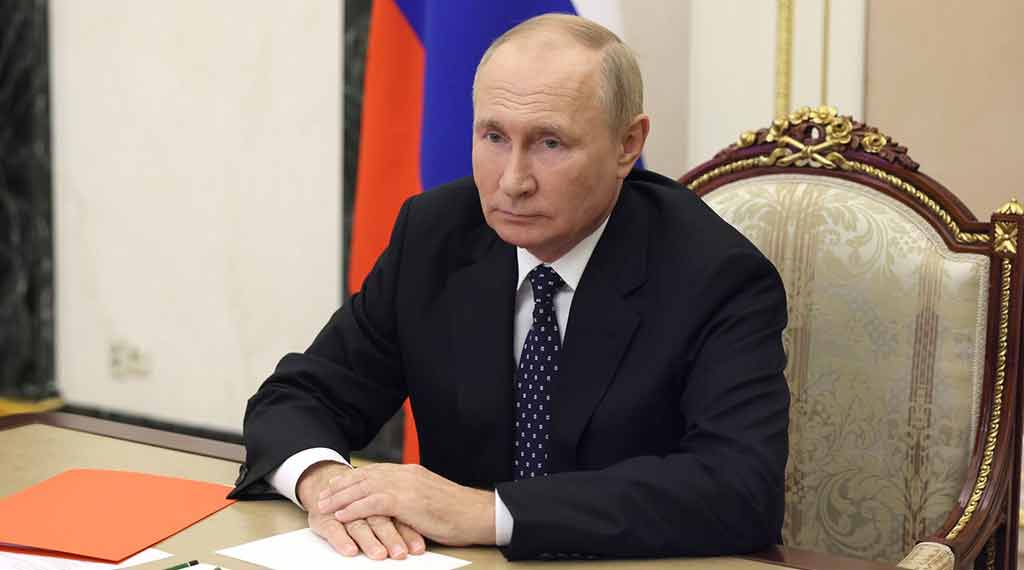
It does not matter what war you are talking about, but there always have been, and still are, fights between generals in wartime, and efforts by politicians to overrule advice from their military leaders.
One only needs to recall George Washington who did not trust his general Charles Lee, and after the Lee failed in the Battle of Monmouth, Lee was court-martialed in 1782.
Lincoln also had lots of problems with his generals who either kept losing battles or not did not pursue the enemy after winning. This handed another Lee, Robert E, incredible opportunities to preserve his forces and aim for a political solution (but ended up in Lee’s eventual surrender at Appomattox Court House).
There were more problems with generals in World War I and World War II. Eisenhower was often in conflict with his British colleagues, particularly Field Marshal Sir Bernard Montgomery, which led him to make concessions that ended up in significant setbacks.
The Russians, too, had their share of problems but Stalin and his enforcers were able to keep them in line, if they survived. Before the war, Stalin had some of his best military men arrested and shot – even Marshal Georgy Zhukov was sent to a gulag and was only rehabilitated at the last minute because the Soviets were losing the war.
It should, therefore, occasion little surprise that similar infighting is going on in the Russia of today. The evidence is plain to see – numerous top military leaders have been cashiered, although a few have been rehabilitated, and there is an open war going on between Yevgeny Prigozhin, head of PMC Wagner, and the Russian general staff and the Minister of Defense, Sergei Shoigu.
Such controversies can hobble even a good fighting force, and it appears in the case of Bakhmut, something has happened that appears to be fallout from the controversy between Prigozhin and the generals.
Prigozhin’s forces are leading the fight inside Bakhmut and continue to make slow but steady progress. But the Ukrainians have managed to rotate troops fighting in the city and feed in supplies.
Russian forces, not so much PMC Wagner, have been trying to choke off Ukraine’s supply lines to the city, mainly by sealing primary and secondary roadways and by bombing Ukrainian supply resources, particularly in Chasiv Yar, which is the primary feeder point for Ukraine’s Bakhmut forces.
Yet the Russian army, which should have positioned strong forces on the flanks protecting the city and the roadways, chose to put largely untrained and poorly equipped regular army forces (and some “volunteers”) on the flanks. These were overrun by the Ukrainians in a very strong reconnaissance in force.
This file comes from the website of the President of the Russian Federation and is licensed under the Creative Commons Attribution 4.0 License.
- Trump and Ukraine: what Russia wants, what Trump could do - November 8, 2024
- North Korean troops in Kursk could backfire on Moscow, Pyongyang - November 1, 2024
- Secure enclaves: bad CHIPS Act idea wasting billions - August 12, 2024
